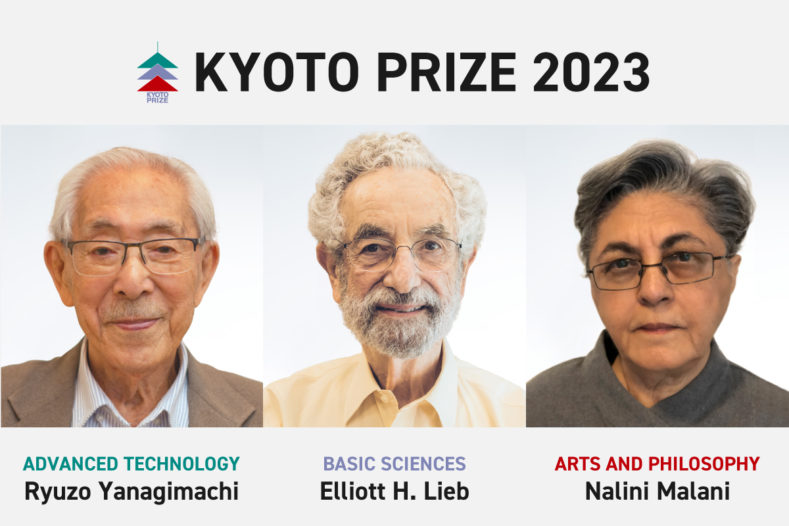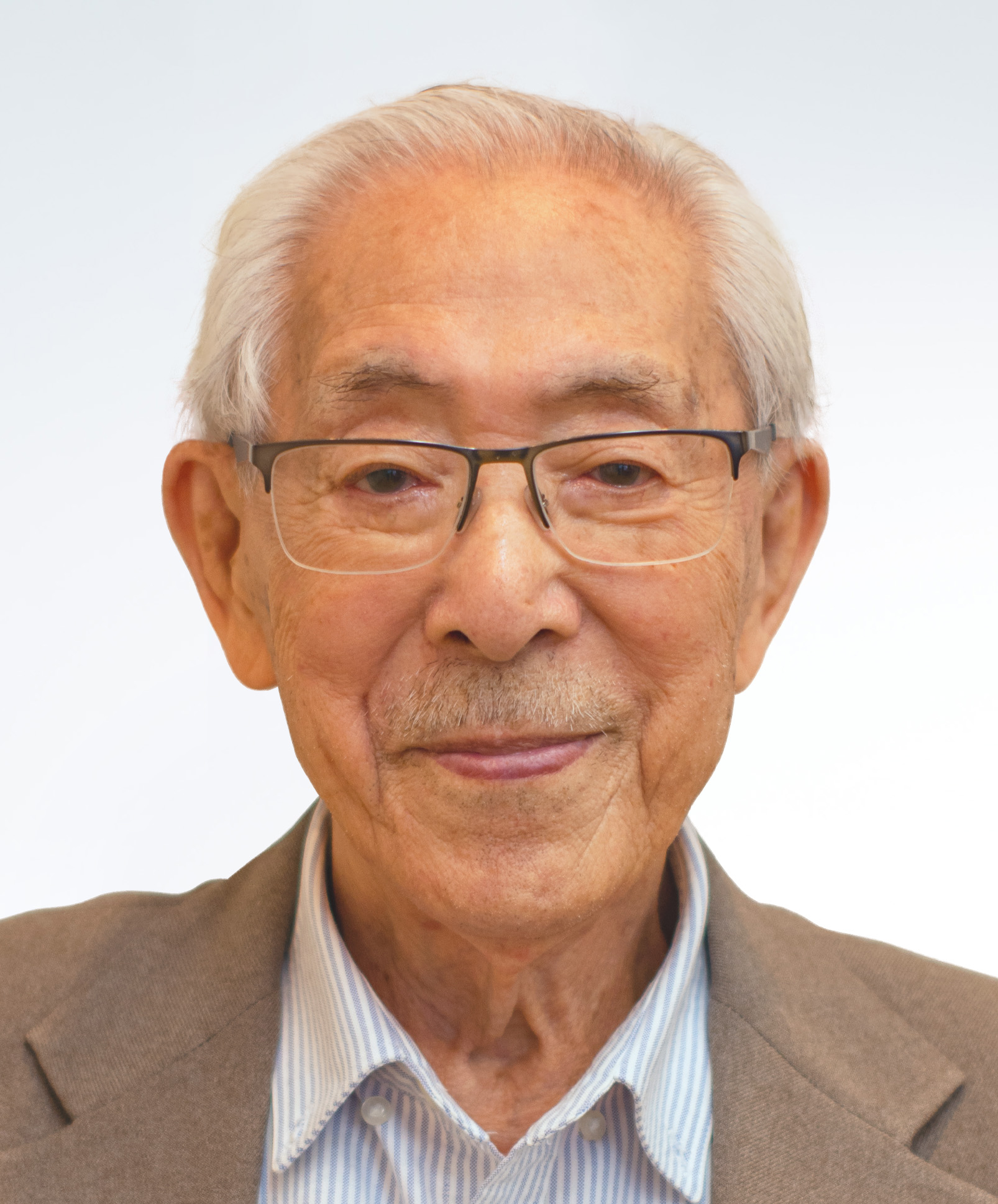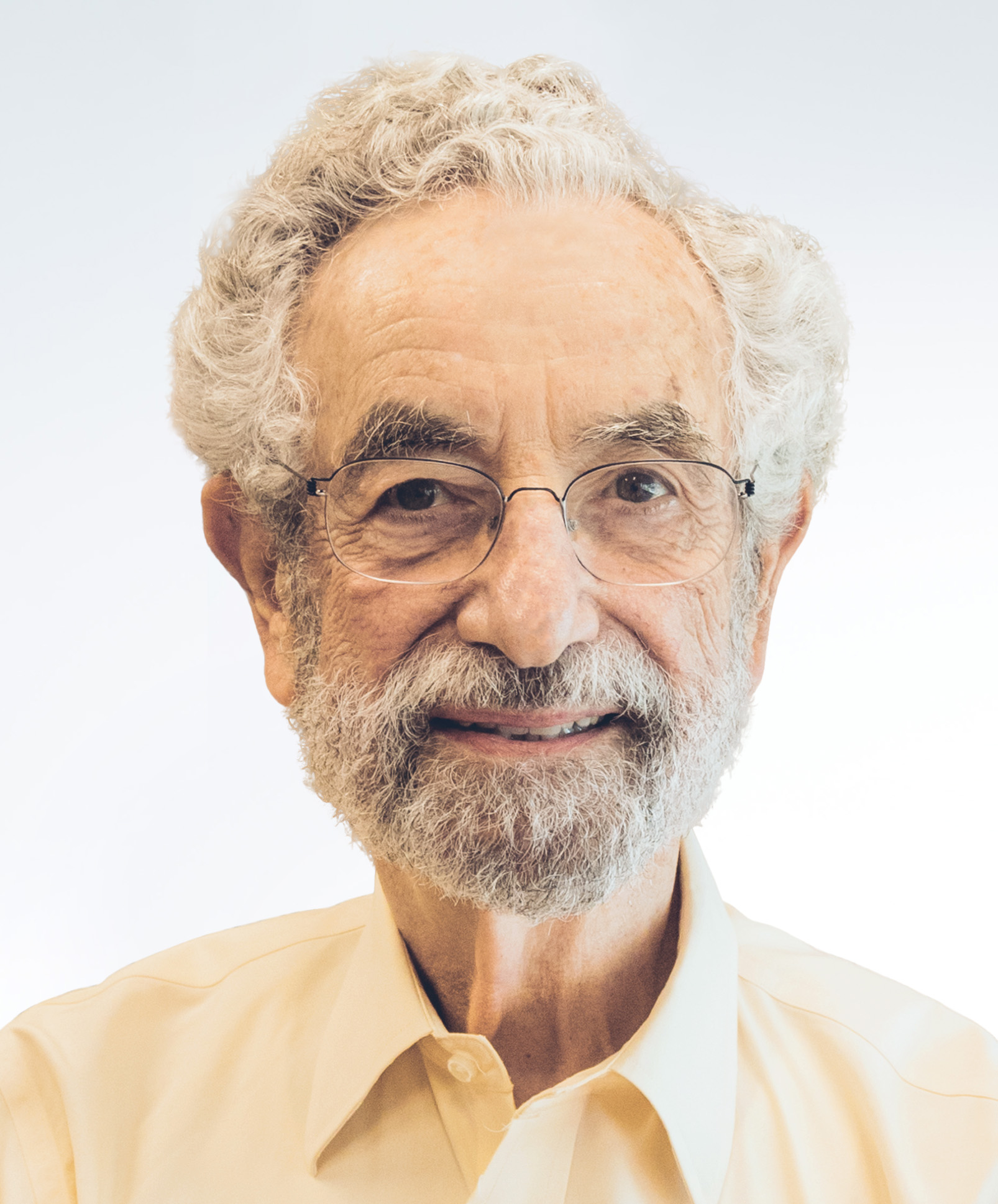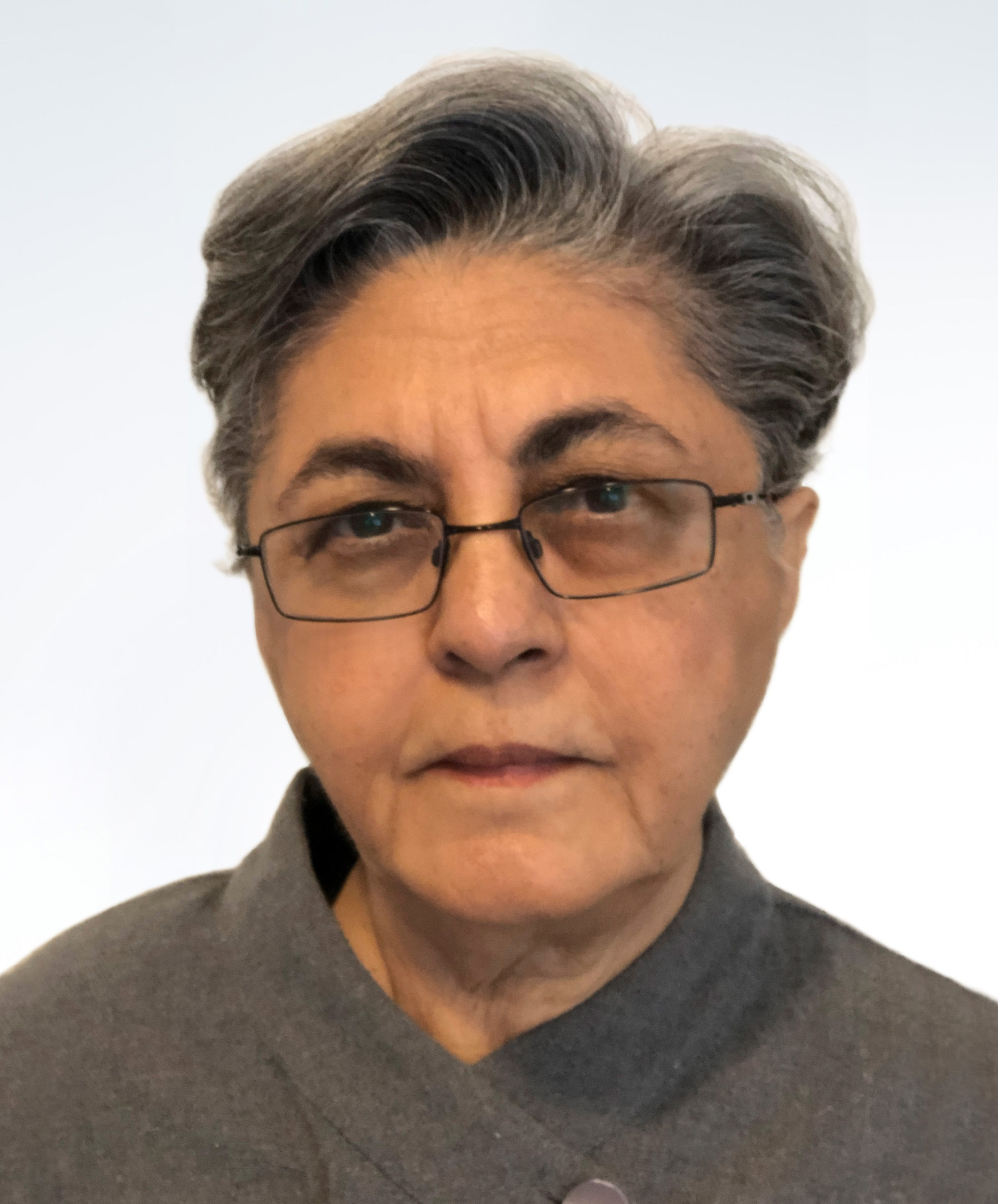Search


| Contributions to the Elucidation of Fertilization Mechanisms and the Establishment of Microinsemination Technology |
| Ryuzo Yanagimachi demonstrated a method for in vitro fertilization in mammals, expanded our insights into the fertilization process, and further established microinsemination technology by developing and innovating the intracytoplasmic sperm injection. He has made significant contributions to the development of essential assisted reproductive technologies in modern society through both basic research and technological development. |
| From Dr. Yanagimachi |
| “When I began working as a postdoctoral fellow with Dr. M. C. Chang (the father of mammalian in vitro fertilization), I was interested in analyzing the entire processes of mammalian fertilization. After becoming a faculty member of the University of Hawaii, my associates and I continued to work on every step of fertilization by using various animals and techniques. Microsurgery was one of the techniques we used to understand “hidden” potentials of sperm and eggs. Many years later, clinicians found that microsurgical injection of a single sperm into an egg is most effective when there are male infertility issues. Although I was rarely directly involved in clinical investigations, I am very happy that some of the work we did played a role in bringing joy to many infertile couples.” |

| Pioneering Mathematical Research in Physics, Chemistry, and Quantum Information Science Based on Many-Body Physics |
| Elliot H. Lieb, primarily through his achievements in many-body physics, established a foundation for mathematical research in fields such as physics, chemistry, and quantum information science. His contributions to the development of mathematical analysis are significant as well. He is one of intellectual giants in the field of mathematical sciences. |
| From Dr. Lieb |
| “I am deeply honored to have been selected for the Kyoto Prize. Its founder, Dr. Kazuo Inamori, and I share not only a birth year but also a philosophy that has guided my activities in research and education. It is especially gratifying to see my work in mathematics and physics recognized in a city that played an important role in my cultural and scientific life. It was in Kyoto in 1956 that I wrote my first post-doctoral paper and where my immersion in Japanese culture made a profound and continuing impact on my life.” |

| An Artist from the Non-Western World Who Has Faced the Predicaments of the Oppressed, Pioneered Artistic Expression Representing the Voice of the Voiceless, and Contributed to the “Decentralization” of Art |
| Nalini Malani has created phantasmagorical spaces with approachable art forms using various media such as videos, paintings, drawings, and installations, and pioneered artistic expression that brings the voices of the voiceless to more people. She is active globally as a non-Western artist, contributing greatly to current trends reconsidering Western-centrism in art. |
| From Ms. Malani |
| “For all my life I have felt as an artist I must contribute to the advancement of society and humankind. It is my strongest belief that our future in the turbulent waves of the twenty first century urgently needs a greater cognizance of the feminine side of thought. The importance to connect the emotional, the social and the technological components together in a balanced play is needed more than ever. I am very humbled and profoundly honoured to have my art to be considered worthy of this year’s Kyoto Prize. I am deeply grateful to the Inamori Foundation.” |